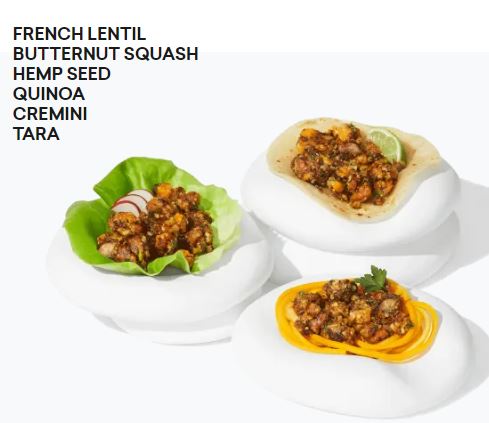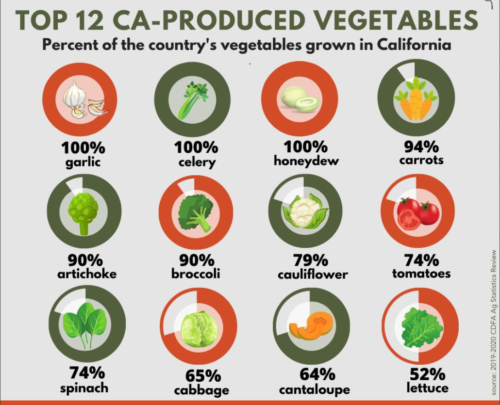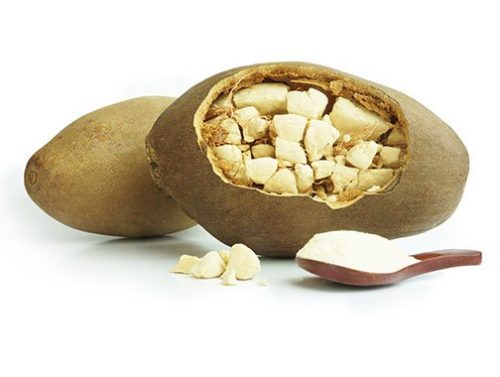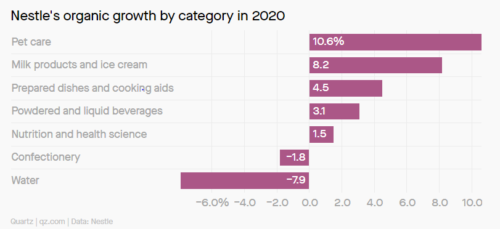Industry-funded studies: avocados yet again
It’s been more than a year since I last wrote about avocado industry funding of research but the Avocado Nutrition Center has been sending out press releases so it’s time for another look.
Given the Superbowl—105 million pounds of avocados consumed that day by one estimate—you might not think that the avocado industry would have to work as hard as it does to convince you that avocados are a superfood.
But maybe what it is trying to do is to get us to ignore the effects of our demand for avocados on deforestation and social unrest in Mexico.
The avocado industry is a good example of how to fund research for marketing purposes. It funds the Avocado Nutrition Center’s research program.
The program’s website covers dozens of industry-funded studies that demonstrate benefits of avocados for cardiovascular health, weight management, type 2 diabetes, and healthy living at every age.
Here’s how the Center uses them.
Another recent study of 2,886 older adults, published in Frontiers in Nutrition, examined cognitive function among older American avocado consumers compared to nonconsumers.
On that basis, the Center produced a fact sheet: Proactive thinking on cognition.
The Center also lists a few independently funded studies that produced equally beneficial results.
I picked one at random and looked it up: Avocado Consumption and Risk of Cardiovascular Disease in US Adults.
- Conclusion: Higher avocado intake was associated with lower risk of CVD and coronary heart disease in 2 large prospective cohorts of US men and women. The replacement of certain fat-containing foods with avocado could lead to lower risk of CVD.
- Funding: mostly by NIH
- Conflicts of interest: the lead author reports having “collaborated in the Hass Avocado Board–funded trial Effects of Avocado Intake on the Nutritional Status of Families during 2016 to 2019 as a graduate student researcher, but the present study was not supported or endorsed by the Hass Avocado Board. The remaining authors have no disclosures to report.”
And here’s the most recent study: Effect of Incorporating 1 Avocado Per Day Versus Habitual Diet on Visceral Adiposity: A Randomized Trial
- Conclusion: Addition of 1 avocado per day to the habitual diet for 6 months in free‐living individuals with elevated waist circumference did not reduce visceral adipose tissue volume and had minimal effect on risk factors associated with cardiometabolic disorders.
- Funding: This work was supported by the Avocado Nutrition Center.
Why be concerned? Aren’t avocados good for you?
Sure, and I love them. But superfoods? All fruits and vegetables have useful nutrients, but some have fewer calories (a serving size is one-third of an avocado) and most are less caught up in ecological damage.
I discuss the scientific reasons for concern in my book, Unsavory Truth: How Food Companies Skew the Science of What We Eat. In it, I review the literature on the “funding effect”—the observation that research sponsored by food companies almost invariably produces results favorable to the sponsor’s interests. Research on conflicts of interest also demonstrates that recipients of industry funding do not recognize its influence, did not intend to be influenced, and deny the influence, despite vast amounts of research to the contrary.






